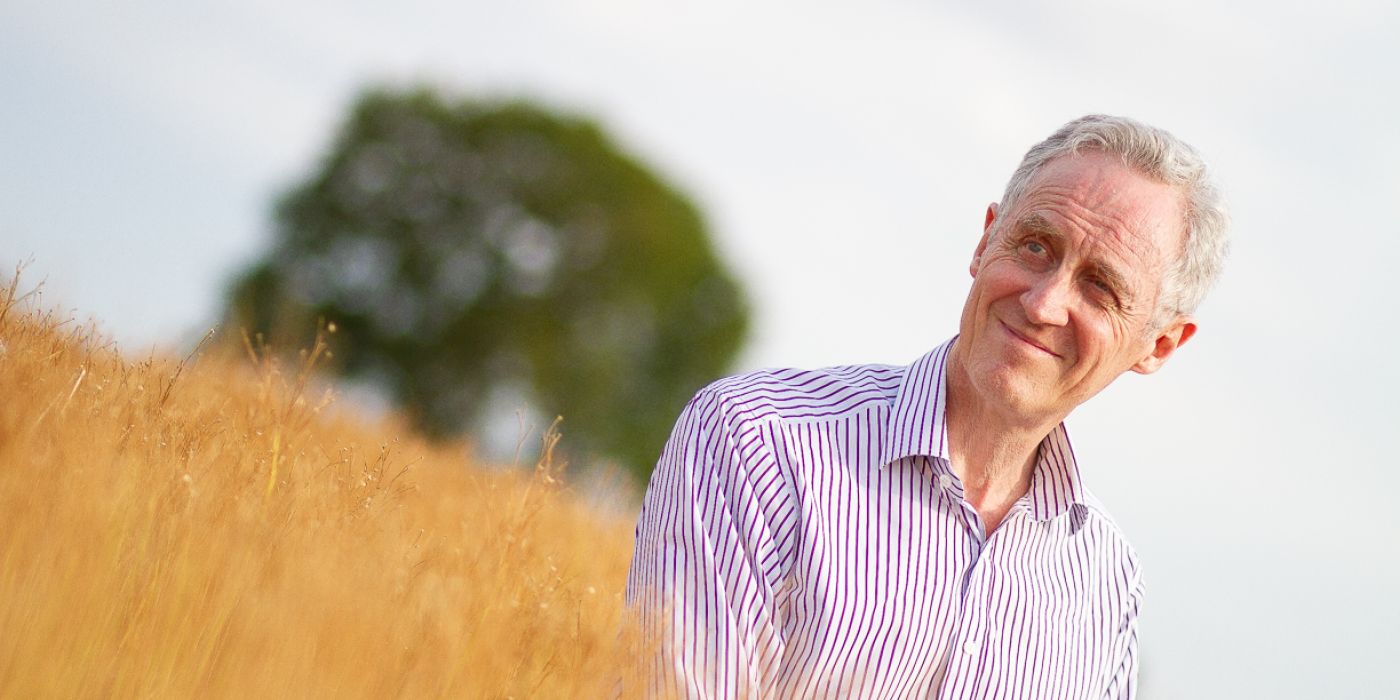
Inside Out: Resourcefulness in the face of challenge
“If the world within us is bound to the ego, we will see a world outside of us through that lens. And if the world within us is freed to see with the eyes of the soul, then we see things as they truly are; we will see the heaven that’s already here. Nowhere else but in this humble, frequently humiliated, utterly shattered human heart.”
So, beautifully and inspirationally, writes Meggan Watterson in her book Mary Magdalene Revealed*.
We live in a world which appears entirely to focus on the deal, the contract, winning or losing, in ‘eyes for eyes and teeth for teeth’; in blame, in paying the price, in judgement – of others, of ourselves. A binary, zero-sum game world, flat, featureless, bleak, teaming with threat, requiring constant watchfulness. Autonomic nervous systems switched full time into fight or flight mode at the expense of the healthy functioning of other systems in our bodies, including digestion, reproduction and ease of mind.
Just look at our politicians, our media (mainstream and social), our law… All about competition, defending positions and making others wrong. This is all around us, from when the radio comes on in the morning until the 10 o’clock news.
The ego is an expression commonly used to denote that part of our minds which we use for daily functioning, for keeping safe, for doing the daily things necessary for survival. As a consequence of its function, it is necessarily focused on what the world is so caught up with: a world of egos all battling with each other. Our minds are constantly thinking, judging, reacting, weighing up. This is what the ego does, and it serves a valuable purpose.
But what about when the chips really are down? I don’t mean when immediate action is demanded, or planning our day or the next piece of work. What about when our world has been rocked by outside events, or when we have a really big dilemma (by definition, a choice to be made with no rationally right or wrong answer) to face up to?
What if a life-decision has presented itself, what if the world we have become familiar with, the basis for all our planning and certainties, is turned upside down? Perhaps we have lost a loved one; our business or job has evaporated; our investments have lost all value; our social world or habitual pastimes have dissolved; we are stuck away from family, with no foreseeable prospect of reunion, or stuck with antisocial neighbours, insufficient space or an abusive relationship…?
Where then is our compass? How can we manage and keep functioning?
If the ego-mind can find solutions, that is great. All too often the ego-mind goes in circles, races, imprisons us in endless thinking and obsession. This is not freedom. We are told by others to ‘let it go and move on’, but sometimes we find that impossible in any rational way.
Frequently I find myself talking with people with problems which seem intractable; maybe at work, a domestic relationship, separation, a career decision, ongoing grief after bereavement… All of us can get caught up with what someone else is doing to us, a circumstance that has wrecked our hopes, or perhaps uncertainties, and our egos fight whatever it is. In other words, our relationship with what happens becomes the source of our unhappiness, or pain, rather than the thing itself.
So often, in my experience, the key is found in discovering a whole new level from which to see the issue. A wonderfully creative question to ask, in a place of strife or pain, is ‘what is trying to emerge here, what is trying to be born?’. Even in boredom can lurk creativity, in depression energy. If we feel pinned down ‘by enemy fire’, can we find a shift, even a small one, which will take us out of the line of fire to a place from which we can see the bullets going past and, more importantly, get interested in the one firing at us?
A different level can be a simple question away. The problem turns into the opportunity.
This different level is one that no longer depends on the rational mind, the ego. It is not thinking but feeling, it is in body not in head. It is listening to the heart and the soul.
And once we have discovered this different level in relation to an initial circumstance, it is available to us for the rest of our lives, for all other issues and dilemmas. (Though, being human, we may need reminding of this, constantly!)
Meggan Watterson’s words that I started with essentially speak of turning inwards for resourcefulness instead of outwards for rescue. They speak of energy and attitude that far exceed what we generally experience. They speak of individuality and freedom in place of norms and expectations. And they speak of freeing up the ego, to do its job effectively, because it is no longer caught up in what at a rational level is intractable.
(Reference above came from: * Watterson, M (2019). Mary Magdalene Revealed London: Hay House, p.210)